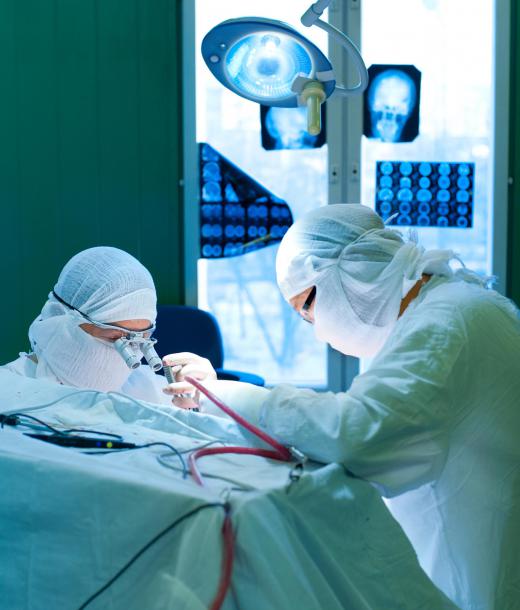Neurosurgery
Neurosurgery & Stem Cell: Stem cell offer ground-breaking possibilities in the realm of neurosurgery, providing hope for treating conditions like traumatic brain injuries, spinal cord injuries, and neurological disorders. These innovative approaches aim to restore function, improve patient outcomes, and pave the way for transformative advancements in neurosurgical care.
- Traumatic Brain Injury (TBI): Stem cell therapies are being investigated for their potential to promote neuroregeneration and functional recovery in patients with traumatic brain injuries.
- Spinal Cord Injury (SCI): Stem cells, including neural stem cells and mesenchymal stem cells, are studied for their ability to repair damaged spinal cord tissue and improve motor and sensory functions in individuals with spinal cord injuries.
- Stroke: Stem cell-based approaches aim to enhance post-stroke recovery by promoting neurogenesis, angiogenesis, and neural repair, potentially improving motor and cognitive functions.
- Brain Tumors: Researchers are exploring the use of stem cells in targeted therapies and drug delivery systems for brain tumors, enhancing the precision of treatment and minimizing damage to healthy brain tissue.
- Neurodegenerative Diseases: Stem cell therapies are being investigated for neurodegenerative conditions such as Parkinson’s disease, Alzheimer’s disease, and amyotrophic lateral sclerosis (ALS), with the goal of replacing damaged neurons or slowing disease progression.
- Cerebral Palsy: Stem cell treatments are studied for their potential to improve motor function and reduce symptoms in children with cerebral palsy.
- Epilepsy: Researchers are exploring the use of stem cells to study epilepsy mechanisms, develop new treatments, and potentially control seizures in drug-resistant cases.
- Spina Bifida: Stem cell therapies may be considered for neural repair in individuals with spina bifida to improve motor and sensory functions.
- Hydrocephalus: Stem cells are being researched as potential therapies to address the underlying causes of hydrocephalus and support brain tissue recovery.
- Pediatric Neurosurgery: Stem cell research has implications for various pediatric neurosurgical conditions, including congenital anomalies and developmental disorders.

